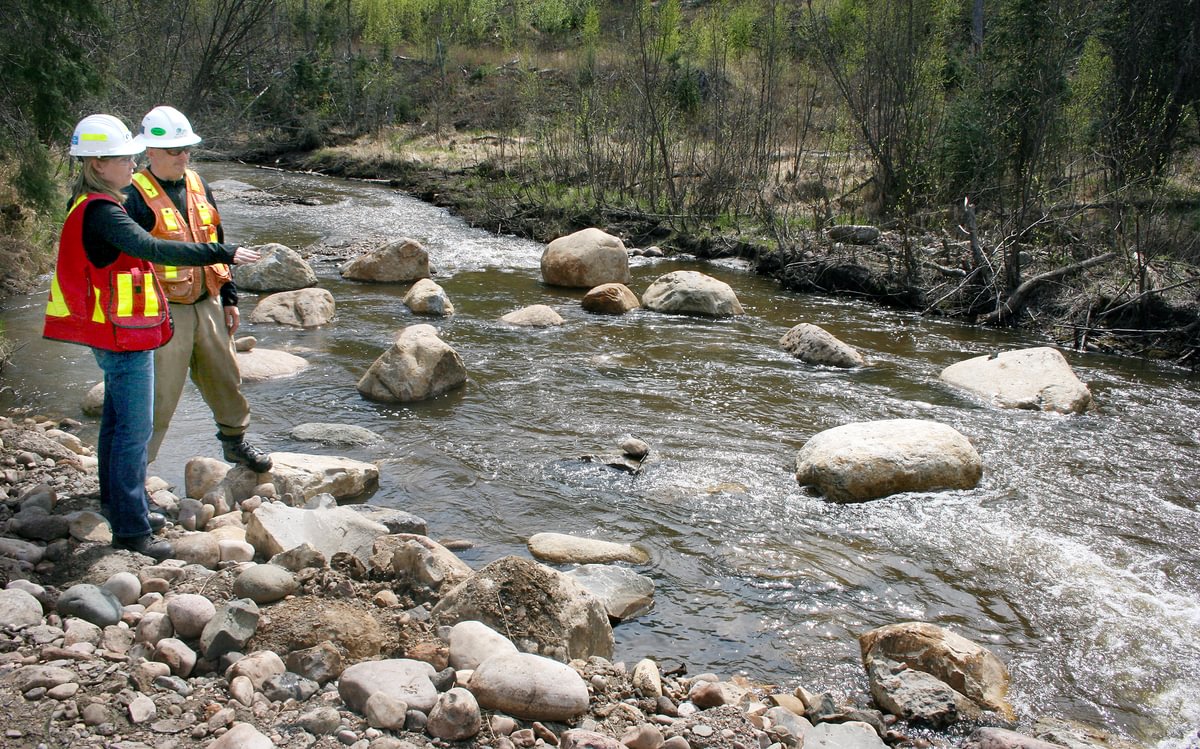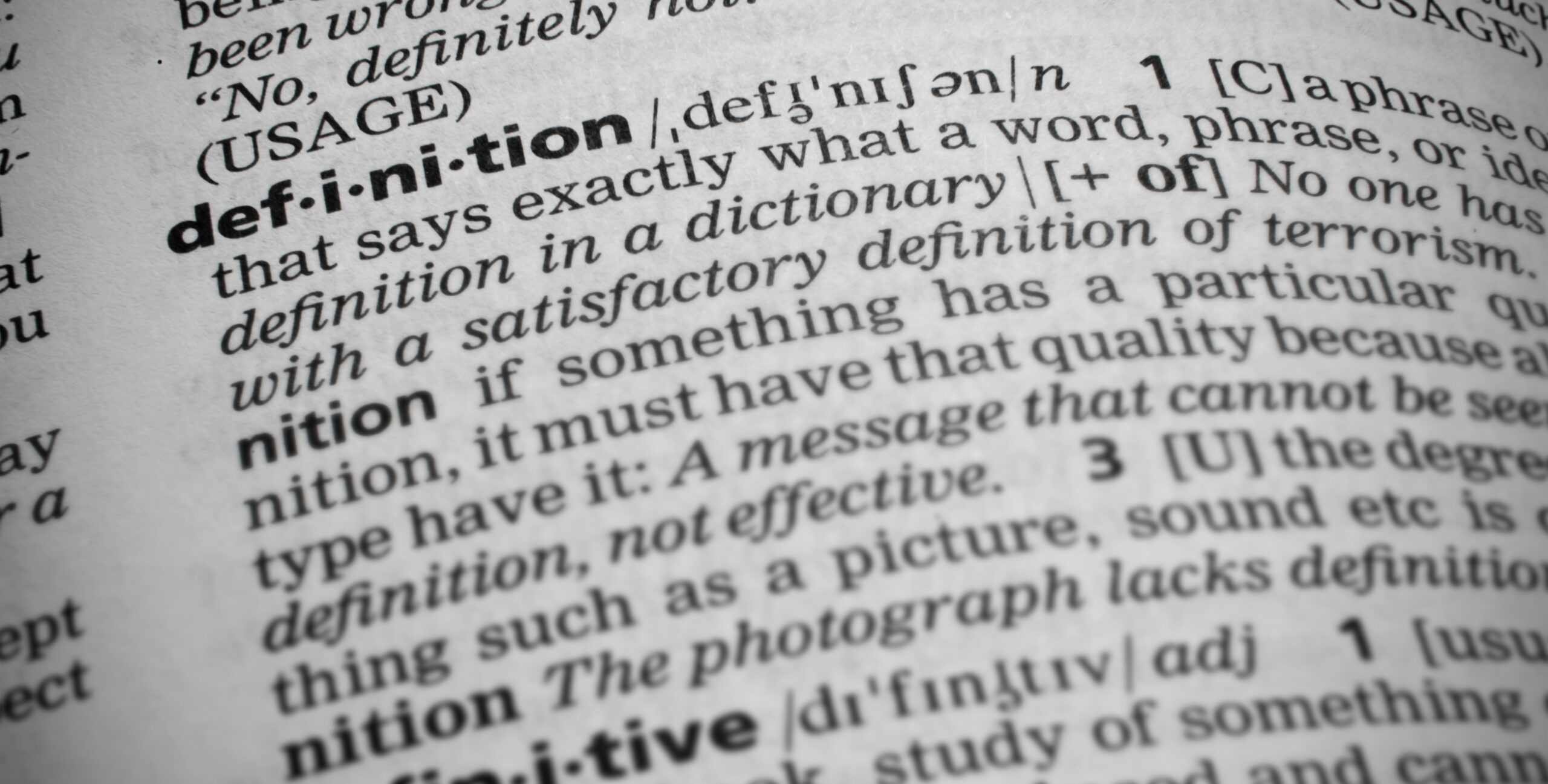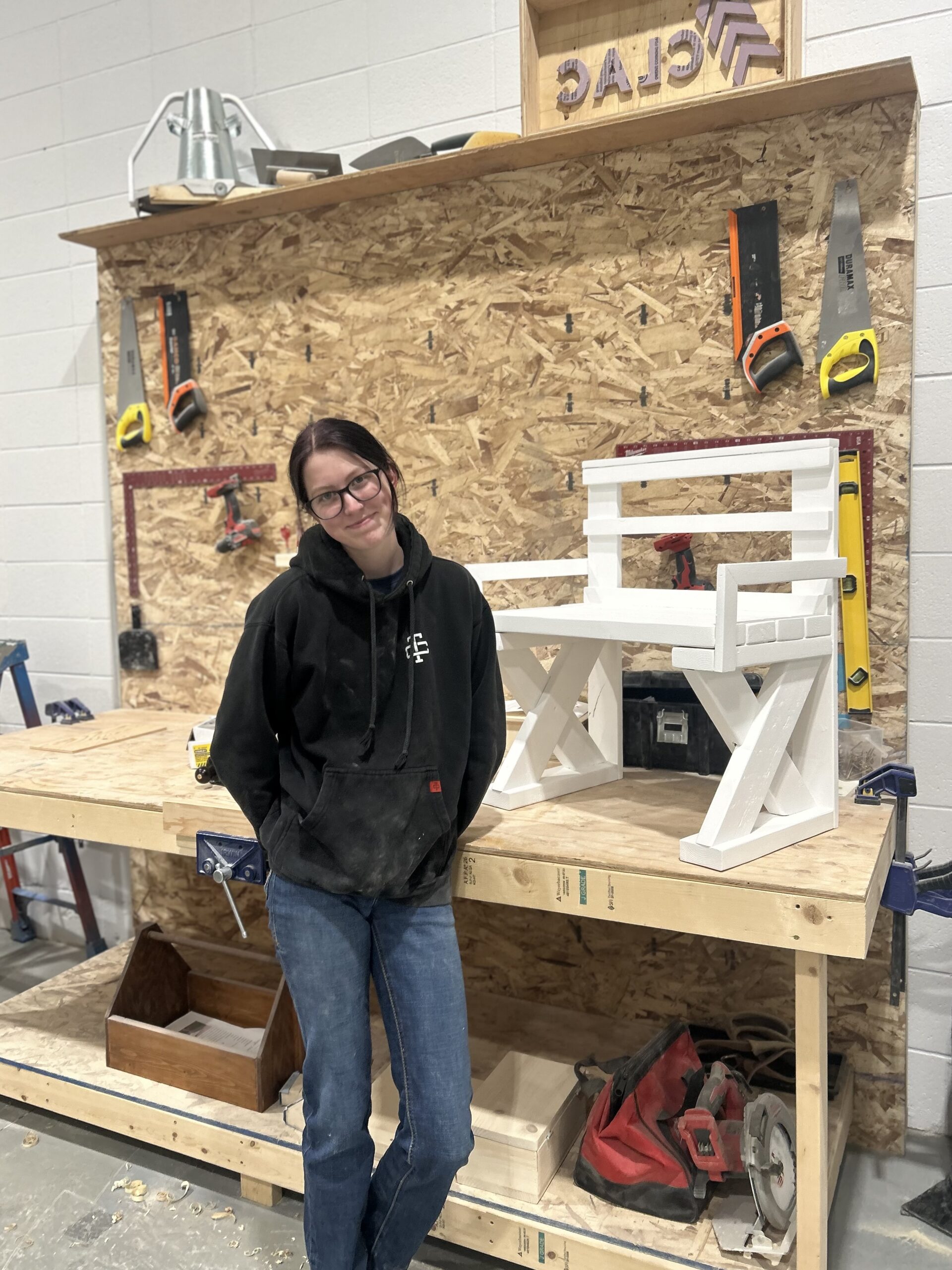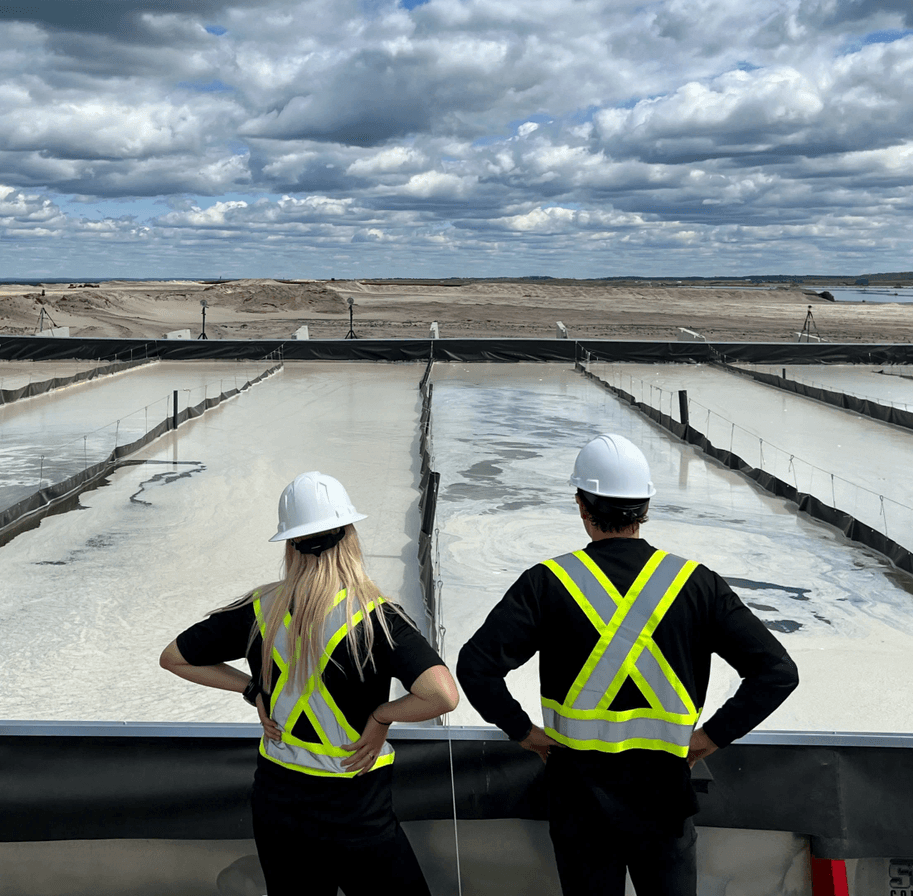NanoWaterTech– from lab to field trial in two years
December 17, 2024

Taking an innovative idea from discovery to widespread commercialization is seldom a straightforward process, and is one that can often take decades1. From securing funding and resources, to running lab tests and field trials, it’s a resource-intensive, trial-and-error-filled journey. But that’s where Canada’s Oil Sands Innovation Alliance (COSIA) and its members are helping to facilitate this process. As the innovation arm of Pathways, COSIA is focused on fostering innovation in oil sands environmental technology, and a large part of that includes supporting the journey to commercialization. We collaborate with innovators at all stages of development to identify the resources they need to advance to the next phase of product development.
Take, for example, our partnership with NanoWaterTech (NWT), a company that COSIA and its members worked with from the beginning to help move their technology from initial lab tests to field trials, all within two years. NWT is an energy-transition company that takes global thought leadership in nanotechnology from the University of Calgary and translates it into pioneering solutions for industrial water treatment. NWT’s products feature customized nanoparticles that help enhance the efficiency of water processing systems with the potential to reduce greenhouse gas emissions and lower operational costs.
After developing the nanotechnology and standing up NWT, company representatives approached COSIA to submit their innovation for review by industry. Member companies expressed interest in having the technology tested and developing it further, so COSIA introduced NWT to public funders who assisted in mapping out potential funding options. To secure funding, it was critical for NWT to be clear on testing requirements to help ensure lab tests would address or prove out the majority of industry’s needs. This is never an easy process, as different companies may have different testing parameters and the innovator needs to develop a testing schedule that supports a number of different customers.
COSIA helped facilitate the consultation process for NWT, and the different member companies worked hand-in-hand with NWT so they could establish testing requirements. This enabled NWT to move quickly to the next decision gate should the test results be successful. Once NWT confirmed the detailed testing parameters, they had secured sufficient funding and had lab space ready to begin the test.
The last phase of lab testing was completed and the technology proved successful in reducing demand for fresh water, almost doubling the recyclability rate from 27% to 53% by removing a higher proportion of total organic carbon (TOC) as well as silica and hardness. The energy intensity of the water processing was also reduced by eliminating some of the pre- and post-processing steps and by reducing the number of treatment units by improving the filtration efficiency tenfold.
NWT are now conducting field trials to evaluate how the technology operates in real world conditions. Trials will last around three to six months, with the goal to complete testing by early 2025. At that point, Pathways members will decide whether to deploy the technology commercially.
“With the help of COSIA and the member companies, we were able to get technical, business and funding resources,” says Ashish Rangari, the CEO and founder of Nano Water Tech. “But most importantly, the partnership gave us valuable exposure to clients and customers which helped expedite the commercialization journey and move into each phase quicker. I really appreciate their commitment to furthering innovation and their support from day one”


